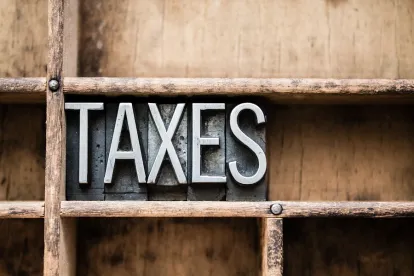The governments of Argentina and the United States signed on December 23rd, 2016, a new tax information exchange agreement (“TIEA”). Jack Lew, U.S. Treasury Secretary, stated that the TIEA will allow for important collaboration between the two countries’ tax enforcement efforts. The TIEA provides a legal framework for the reciprocal and automatic exchange of tax information, which will allow Argentina to (i) comply with the U.S. Foreign Account Tax Compliance Act, and (ii) obtain information about Argentinean taxpayers that hold undeclared assets in the United States.
The signature of the TIEA is one of the first policies to result from Argentina’s tax amnesty law. Mr. Alfonso Prat-Gay, who recently stepped down as Minister of Treasury and Finance of Argentina, reported that Argentinean taxpayers have declared about $90 billion U.S. dollars (equal to 17% of Argentina’s GDP) so far, with more than 235,000 affidavits filed with the AFIP (Argentina’s IRS). According to Mr. Prat-Gay, Argentina’s tax amnesty law has been a resounding success, exceeding the results obtained by other South American countries that have implemented similar policies.
Argentinean taxpayers had until December 31, 2016, to file an affidavit to declare undeclared assets. Taxpayers were exempt from penalties if the undeclared amounts were less than $20,000 U.S. dollars. For undeclared amounts between $20,001 U.S. dollars and $50,000 U.S. dollars, taxpayers would pay the AFIP a penalty of 5% of the undeclared amounts (increased to 10% for amounts exceeding $50,000 U.S. dollars). As of January 1, 2017, the penalty increased to 15% of the undeclared amounts. The tax amnesty ends by March 31, 2017. Taxpayers can pay the penalty in cash or buy different bonds offered by the Argentinean government. Tax payers who fail to take advantage of the amnesty risk criminal and civil charges for tax evasion.



 />i
/>i

